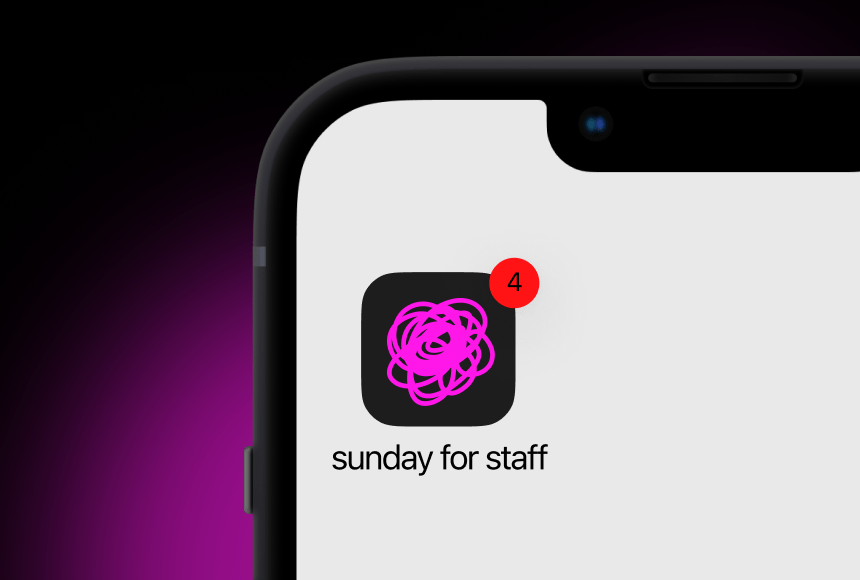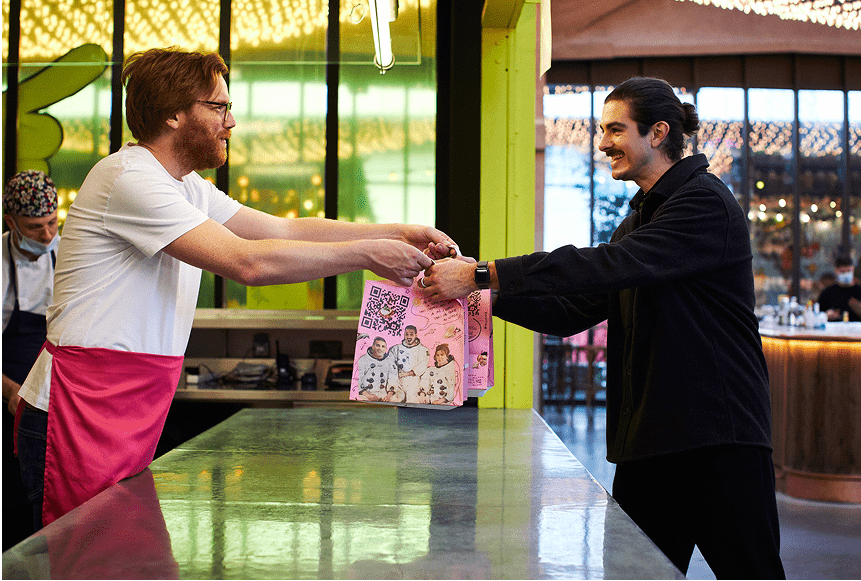
Proven Strategies to Keep Your Restaurant Team Happy and Loyal
Running a successful restaurant is like orchestrating a symphony: each section, from the kitchen to the dining room, needs to play in perfect harmony to produce an unforgettable experience. But this harmony goes beyond food and ambiance—it’s about the people who make it all happen. In a competitive sector where top talent can move on at the drop of a hat, building a loyal, long-serving team is a vital yet sometimes overlooked aspect of restaurant management.
Below are practical insights into how restaurant owners and managers in the UK can attract, motivate, and retain staff over the long term. These ideas can help you not only reduce turnover but also cultivate a dedicated crew that consistently delivers exceptional dining experiences, ultimately boosting your bottom line.
Understanding the Stakes of Staff Retention
Why Turnover Hurts More Than the Bottom Line
Losing skilled staff goes beyond the immediate hassle of finding and training replacements. Frequent turnover can result in:
- Inconsistent Customer Experiences: Regular diners may be disappointed when their favourite server or bartender disappears, disrupting the rapport they’ve built.
- Increased Workload for Remaining Employees: A lack of adequate staffing often leads to burnout, creating a cycle of further departures.
- Higher Operating Costs: According to UKHospitality (2023), onboarding and training new hires can cost nearly 30% of an employee’s annual salary.
When turnover spikes, morale dips, productivity stalls, and the reputation of the business can suffer. Finding ways to retain valuable team members ensures continuity, saves money, and preserves the unity that guests can sense the moment they walk in.
The Impact of a Competitive Market
With the hospitality sector growing at a steady pace, especially in cities like London, Manchester, and Birmingham, restaurants constantly vie for talented chefs, experienced servers, and charismatic hosts. This environment puts staff in high demand and increases their likelihood of job-hopping if they sense better pay, benefits, or work culture elsewhere.
- Growing Consumer Expectations: As diners become more particular about service and ambiance, they also expect seasoned, well-trained professionals at the table and behind the bar.
- Skills Shortages: Certain roles, like pastry chefs or sommeliers, can be hard to fill. Holding onto specialists can give a restaurant a distinct competitive advantage.
Creating a Supportive Work Culture
Start with Clear Communication
A collaborative atmosphere often begins with transparency and respectful dialogue. Sharing objectives openly—whether it’s a daily sales target or a monthly business goal—encourages employees to feel like stakeholders in the restaurant’s success.
- Regular Team Meetings: Brief huddles before or after shifts keep everyone updated on menu changes, special events, or challenges faced.
- Open-Door Policy: Staff need a safe channel to voice opinions or concerns. When managers show genuine interest, employees are more likely to stay loyal.
Recognise and Celebrate Achievements
Publicly acknowledging employees for great service, positive reviews mentioning them by name, or simply going above and beyond fosters a sense of pride.
- Employee of the Month: A classic method that still works. Feature a photo on a noticeboard or your social media to boost morale and visibility.
- Milestone Rewards: Small gestures—like a complimentary meal or bonus day off—can mark an employee’s work anniversary, making them feel valued.
Offering Competitive Compensation and Benefits
Beyond the Hourly Wage
While base pay is essential, the details often determine whether employees remain in the long run. Considering rising living costs, especially in urban hubs, staff look for workplaces that offer more than the bare minimum.
- Transparent Tip Policies: Clearly explaining how gratuities are distributed—even highlighting use of QR code payment systems like sunday—shows fairness. Servers, bartenders, and back-of-house staff can feel more motivated knowing exactly how tips reach them.
- Performance-Based Bonuses: Linking incentives to sales targets, customer feedback, or consistent attendance can help staff see tangible rewards for hard work.
Health, Wellbeing, and Work-Life Balance
In an industry known for long hours and physically demanding tasks, setting boundaries and offering supportive benefits can significantly enhance retention:
- Flexible Scheduling: Allow team members to swap shifts or request specific days off to balance personal obligations.
- Meals and Breaks: Providing a meal during shifts and ensuring adequate break times shows genuine care for employee wellbeing.
According to a 2022 UK labour study, businesses offering flexible hours saw a 25% decrease in turnover compared to those enforcing rigid schedules.
Investing in Training and Professional Growth
Onboarding for Lasting Impressions
New hires often decide within the first few weeks if they see a future in your establishment. A structured onboarding process can set the tone:
- Orientation Sessions: Cover mission, values, and brand standards so employees understand not just the “what” but the “why.”
- Peer Mentoring: Pair newcomers with seasoned staff to observe best practices, ask questions freely, and build relationships.
Ongoing Learning Opportunities
Stagnation is a recipe for losing dedicated talent. Providing regular training signals that you value continuous improvement:
- Skill Workshops: From barista classes to wine pairings or advanced kitchen techniques, internal training can re-energise staff.
- Cross-Training: Encouraging servers to gain basic kitchen experience, or sous chefs to learn pastry, can broaden skill sets and open up internal promotions.
In a 2023 study by Caterer.com, 62% of hospitality professionals said they’d stay longer in a role that included regular skill development programmes.
Cultivating a Positive Team Dynamic
Respect and Fair Treatment Across All Roles
Even the most charismatic head chef or server can’t succeed alone. Dishwashers, porters, and hosts all contribute to the overall guest experience. When everyone, from front-of-house to kitchen crew, feels respected, synergy emerges.
- Equal Opportunities: Promote from within whenever possible and recognise that each role has a path forward, reducing feelings of being “stuck” in lower positions.
- Conflict Resolution: Address misunderstandings promptly. Transparent dispute-handling processes keep resentment from simmering.
Social Initiatives and Team Bonding
A sense of camaraderie can elevate everyday tasks, turning a group of employees into a real family-like unit:
- Team Outings: An occasional staff gathering—be it a beer garden visit or a local food festival—helps employees bond outside the workplace.
- Volunteer Days: Organising charity events or community clean-ups unites teams around a shared purpose beyond just business metrics.
Leveraging Technology for Better Staff Engagement
Modern Tools for Efficiency and Morale
Implementing user-friendly systems, from table management software to contactless payment platforms like sunday, reduces frustration and frees staff to focus on customers. Employees generally welcome tools that simplify admin tasks, expedite billing, and eliminate errors that could otherwise create tension.
- Reduced Stress Levels: Automatic check splitting or real-time ordering can minimise the awkward “who ordered what” conversations at busy tables.
- Data-Driven Insights: Analytics revealing busiest hours, popular menu items, or tipping patterns can help managers schedule effectively and reward top-performing staff.
Feedback and Communication Apps
Some restaurants adopt internal messaging apps or feedback platforms to keep the entire team in sync. Quick polls on shift availability, updates on a new special, or real-time praise for a well-handled situation can all happen in one digital space.
- Swift Problem-Solving: If a supplier issue arises, the kitchen can notify the floor staff immediately, ensuring guest expectations are managed before orders are delayed.
- Instant Recognition: Sending a virtual high-five in a staff chat when a diner leaves a glowing review fosters team-wide encouragement.
Retaining Talent Through Workplace Flexibility
Adapting Shifts to Different Lifestyles
Hospitality draws people from various backgrounds—students, parents, aspiring artists, or career professionals. Accommodating their different life rhythms improves loyalty:
- Part-Time and Seasonal Options: Offering more variety in shift lengths can help staff balance other commitments without burning out.
- Fair Rotas: Rotating peak-time shifts ensures that no one person is consistently stuck with less-desirable hours, reducing the feeling of inequality.
Remote Elements for Admin or Training
While the day-to-day reality of a restaurant demands physical presence, certain administrative tasks, like staff scheduling, inventory planning, or online training modules, can sometimes be done remotely.
- Digital Training Sessions: If a manager can’t physically gather the team, a short Zoom or pre-recorded demonstration can still share best practices.
- Managerial Flexibility: Offering managers the possibility to handle some paperwork from home helps prevent burnout at leadership levels.
Building a Reputation That Draws Top Talent
Marketing Your Workplace Ethos
As word spreads about an eatery with a welcoming culture and supportive management, job seekers will naturally seek it out. Potential employees often scour online reviews and social media, paying attention to how staff describe their environment as much as how diners describe the food.
- Behind-the-Scenes Social Media Posts: Show the camaraderie in the kitchen or celebrate staff birthdays publicly. This transparency can appeal to candidates looking for a team-oriented space.
- Highlighting Career Success Stories: Interview long-standing employees about their growth—how they moved from barback to head bartender, for instance. This fosters hope for internal promotions.
Partnering with Culinary Schools or Training Centres
Forming relationships with local hospitality programmes can funnel bright graduates your way. Offering apprenticeships or stage placements can help you identify promising recruits before they enter the general job market.
- Co-Branded Initiatives: Holding mini-workshops at colleges or inviting students to shadow your chef for a day helps build your brand credibility.
- Scholarship Programmes: Subsidising advanced training for select team members not only empowers them but also cements their loyalty to your restaurant.
Tracking Progress and Adapting Over Time
Measuring Retention Metrics
Monitoring key data points helps you evaluate whether efforts are translating into real employee satisfaction:
- Average Tenure: Track how long employees typically stay to gauge improvements over time.
- Exit Interviews: Understanding why someone leaves can pinpoint areas that need attention, whether it’s pay scales, scheduling, or management style.
Maintaining Agility in Policies
What works well for a small brasserie might not translate directly to a multi-location chain. Regularly revisiting policies—like tip distribution, flexible shifts, or bonus criteria—and adjusting them based on staff input can keep your retention strategy relevant.
- Annual Policy Review: Dedicate time each year to gather feedback and refine your approach.
- Experiment and Iterate: Not every initiative will yield immediate results, so consider small pilot programmes before making larger changes official.
Creating a Culture That Retains and Thrives
In the fast-paced reality of UK hospitality, staff retention stands out as both a challenge and an opportunity. By providing transparent communication, competitive compensation, robust training, and a supportive culture, restaurant owners can forge a team that’s passionate and reliable. Technology, like sunday, can further streamline service and enhance job satisfaction, reinforcing the sense that management invests in making employees’ tasks smoother.
Moreover, sustained retention efforts produce a ripple effect: a happier staff improves guest satisfaction, which in turn drives positive word-of-mouth and higher profits. In a tight labour market, a dedicated approach to staff wellbeing and growth is what can truly set your restaurant apart. After all, every successful establishment is built on the collective talents of its people—the ones who choose to stay because they believe in the restaurant’s vision, values, and potential for mutual success.
Find out more today
Drop us your details below and we’ll reach out within the next 24
Get to know your team.
Gather insightful data about your staff in real-time.




